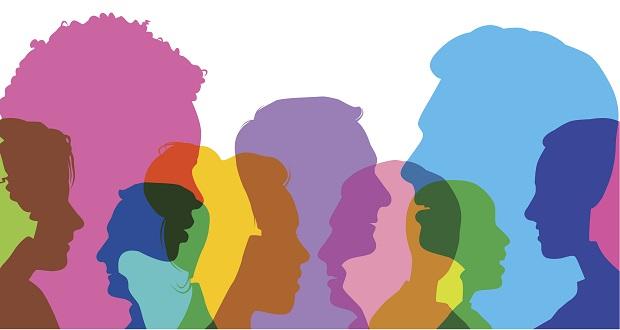
I have often wondered if the Gallup engagement survey questions are really culturally competent and work for all groups. Based on their extensive research they have developed 12 questions, fondly known as the Q12, that they say are highly correlated to engagement. These questions have become the standard for many organizations in assessing engagement levels of employees. While I do not dispute Gallup’s research, I just wonder if these are the same drivers across demographic groups. The questions are offered below.
- Do I know what is expected of me at work?
- Do I have the materials and equipment I need to do my work right?
- At work, do I have the opportunity to do what is best every day?
- In the last seven days, have I received recognition or praise for doing good work?
- Does my supervisor, or someone at work, seem to care about my development?
- Is there someone at work who cares about my development?
- At work, do my opinions seem to count?
- Does the mission/purpose of my company make me feel my job is important?
- Are my coworkers committed to doing quality work?
- Do I have a best friend at work?
- In the last six months, has someone at work talked to me about my progress?
- This last year, have I had opportunities at work to learn and grow?
You might say, how could one argue about these twelve questions? They seem pretty obvious that all employees would want to know what is expected of them and have the right materials, receive recognition, and the opportunity to learn and grow, etc.
I would posit, however, that the priorities might be different for different employee segments and that perhaps the Gallup questions have a very “western” orientation. For Latinos and African Americans, I question whether their engagement increases if they have a best friend at work. For some more collectivist cultures, their close friendships would come from extended family, their faith community, and it might not be that important to have a best friend at work. Employees from high power distance cultures may not expect to have their opinions count at work and therefore this may not necessarily be an engagement driver.
Other research over the years would suggest that for historically underrepresented groups, it is important to be able to bring “their whole selves” to work. Recent research by Sylvia Ann Hewlett, revealed that people of color are much more likely to report not being able to authentic at work. I would surmise that having to hide some of yourself, would greatly impact your levels of engagement in the workplace.
Several of my clients have shared that Gallup is reluctant to provide engagement data by ethnicity. One client was able to get their data by gender and generations and is still working through what Gallup says are legal concerns to receive the racial/ethnic breakdown.
I would love to hear from our readers on this issue. Perhaps I am way off base but it has just been one of those things that I have been concerned and curious about. Are the current popular theories about engagement relevant for historically underrepresented groups?


















